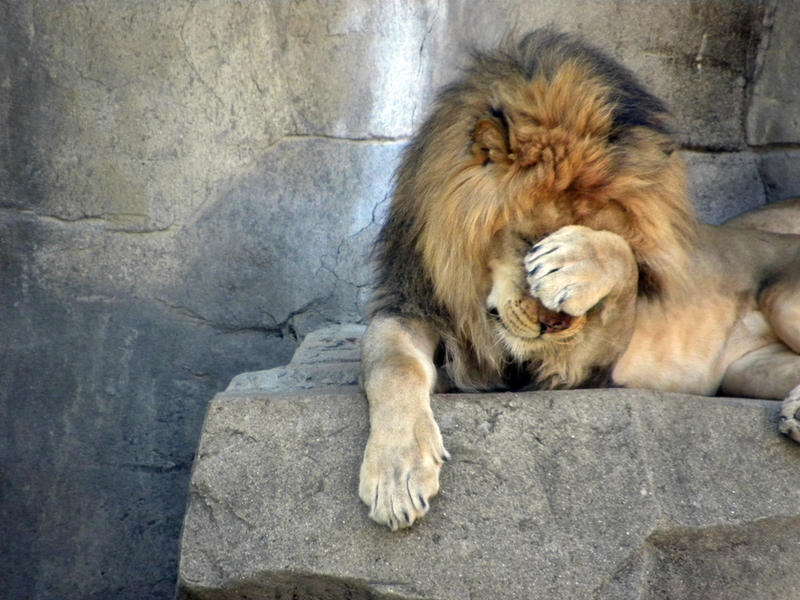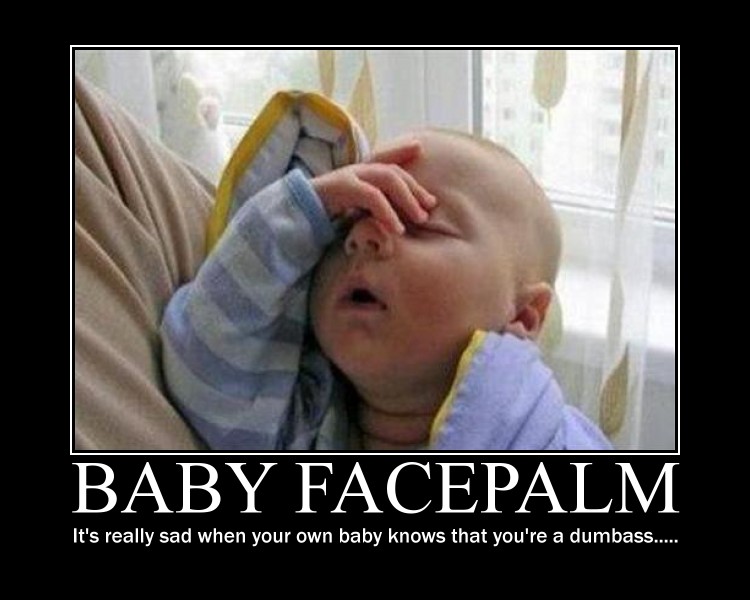Two months ago, my biggest fear was that Mr. Nelson Mandela would meet his tragic demise before getting a chance to witness the first World Cup ever on African soil only a bus trip away from his palatial home in Bishopscourt, Cape Town. You may not agree with me on this but I truly believe it was Mandela that brought the World Cup to Africa, through his name, his symbolic status and the country he helped liberate from apartheid. And for that, we should all be grateful.
Yesterday, Mr. Nelson Mandela (as children of the soil we’re allowed to call him ‘Tata Madiba’) celebrated his 92nd birthday. It goes without question that South Africa and indeed the world at large adore and revere Madiba and have deified him to the point where the United Nations has declared July 18th “International Nelson Mandela Day”.
Understand this, the only International Days the UN has declared so far have to do with Children, Human Rights, Women, the Environment and such. So, yes, it’s a big deal for *a person*, *any person* let alone Mandela to have such an honour bestowed upon them. Gandhi, Mother Teresa, Martin Luther King and a few others (may their souls rest in peace) must be literally turning multiple shades of green envious of Madiba.
All that being said, Mandela will one day die. Don’t shoot the messenger. Just hear me out.
I am merely stating a reality that seems too painful to accept in a society where we exalt mere mortals putting them on pedestals so high that they appear god-like. Granted, Mandela deserves alot of the praise he’s gotten and the remarkable story of his life is exemplary and truly worthy of accolades. His unparalleled sacrifices for the ideals of freedom, reconcialition, nation-hood and peace have indeed made him the global icon he is today. These are things that no one and nothing can take away from Tata Madiba, even if he were to die today.
The Obama – Mandela Comparison:
Over the weekend, I was privy to a very lively debate surrounding whether a comparison can be made between Madiba and Barack Obama not only as political leaders but as statesmen and perhaps global icons. The overwhelming view from my colleagues was that mentioning Obama in the same breath as Mandela is preposterous in that there is no comparison to be made at all. If anything, most of them felt that Obama has never had to sacrifice anything for his beloved country other than sleepless nights campaigning for votes; whereas Mandela spent 27 years in a maximum security prison on Robben Island at a time when blacks were considered less than human. Coincidentally, this element of sacrifice is what seemed to work for John McCain (who lost both his arms during Vietnam) in the 2008 Presidential race against Obama. In short, Obama has simply not been tested yet in his political career and therefore the only comparison that can be made between himself and Mandela is his rapidly greying hair, which he may want to think about dyeing back to black unless he’s going for the Madiba look.
I listened attentively to all this and all I could think to myself is, why are we so protective over Madiba? Are you trying to tell me that comparing Madiba to someone as accomplished and praise-worthy as Obama is simply not allowed? I refuse. Yes, I agree that, presently, Mandela has achieved a status that puts him in the same league with luminaries like Mahatma Gandhi, Mother Teresa and Martin Luther King and so any comparison of him to Barack Obama is precocious at best. But, in terms of their leadership qualities and attributes, I see a whole lot of similarities between the two that cannot be denied or ignored simply because of the special status that Mandela enjoys in the minds and hearts of many.
In other news,
The painting below by a white South African artist Yiull Damaso, currently on display in a Johannesburg shopping mall (Hyde Park) has been widely condemned by residents and South Africans at large. It depicts a deceased Mandela being autopsied by Nkosi Johnson, while FW de Klerk, Jacob Zuma, Helen Zille, Desmond Tutu and others look on.

The corpse in the original Rembrandt was actually a man convicted of armed robbery (the punishment for which was hanging) and whose body was later taken to an anatomy theatre. So, I can certainly understand how people would get mad about THIS comparison to Mandela… but I doubt that’s why they’re mad, or that they are even aware of this historical fact. The reality is that South Africans are afraid to talk about Mandela’s inevitable death and the blow it would have on the people and the country as a whole. In his defense, the artist has argued, quite convincingly in my opinion, that this painting is “a tribute to Mandela which shows that underneath all his great achievements, the revered former South African president is flesh and bone, like everyone else.” Thus, it seems to me that calling the painting racist is simplistic and more should be done to address the underlying fragility of the South African social fabric and its young democracy.
The fragile ‘Rainbow Nation’:
As the current President Jacob Zuma once put it: “Nelson Mandela is the glue that holds us together as a nation. He provides eternal hope in our people and the world that South Africa can only be a better place each day”. Just the other day, South Africa was celebrating 10 years of democracy (yes, ten!) so when we talk about a fragile nation trying to get over its dark past, rebuilding its institutions, reconciling blacks, whites, coloureds and asians under one flag, it is clear that South Africa still has a long way to go. Armed with the most progressive Constitution in the world and endowed with limitless human and natural resources, South Africa has grown in leaps and bounds. However, dont let the facts, figures and postcards fool you, the socio-economic situation on the ground is not nearly as rosy: rampant crime (especially rape and violence), xenophobic attacks and an enormous gap between the rich and the poor (with glaring racial and gender delineations) characterise modern-day South Africa. Assume for a moment that we were to accord Madiba with this god-like status he currently enjoys, in that case the entire ANC would be guilty of using Madiba’s revered name in vain, starting with Julius Malema. As ANC Youth League Leader, Malema has taken on the role of the ANC Party’s attack-dog, while invoking racially-charged freedom songs, claiming to be fighting for the rights of the downtrodden, poverty-striken majority black population and yet he lives like a King in the posh Sandton suburb of Johannesburg. Meanwhile, events such as tense atmosphere during the death of Eugene Terreblanche and the intermittent eruptions of xenophobic attacks are further signs that South Africa as a nation is still very volatile. The unifying effect of hosting the just concluded FIFA World Cup remain to be seen.
And so, dear Africans,
Let us not wait until Mandela’s death to understand the lessons we all should learn from his life-long struggle to make South Africa and indeed Africa a better place for posterity. The humility and pragmatism of many of his public acts should remind us that it’s our job to pick up where he has left off, and to continue the work of building a continent which yearns for peace, strives for progress and tolerates diversity. We cannot rely on icons and myths to do that work for us, but should instead stay alert to the beguiling – and soporific – tendency to wait for someone to show and tell us what to do next.
My fellow sons and daughters of the soil, in subsequent celebrations of ”International Nelson Mandela Day”, let us not only celebrate the personality of Mandela but also remember what he and his generation stood for. When we live this good life that the elders suffered and sacrificed let’s wonder what’s ours to forgo so that those that come after us may advance and thrive.











































